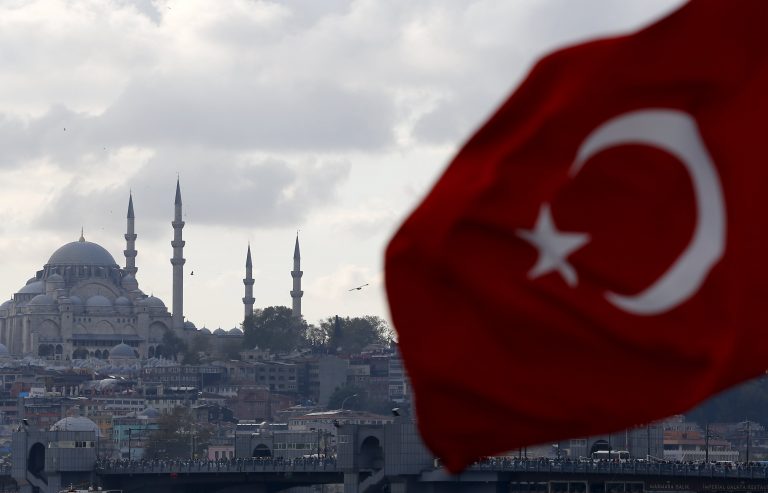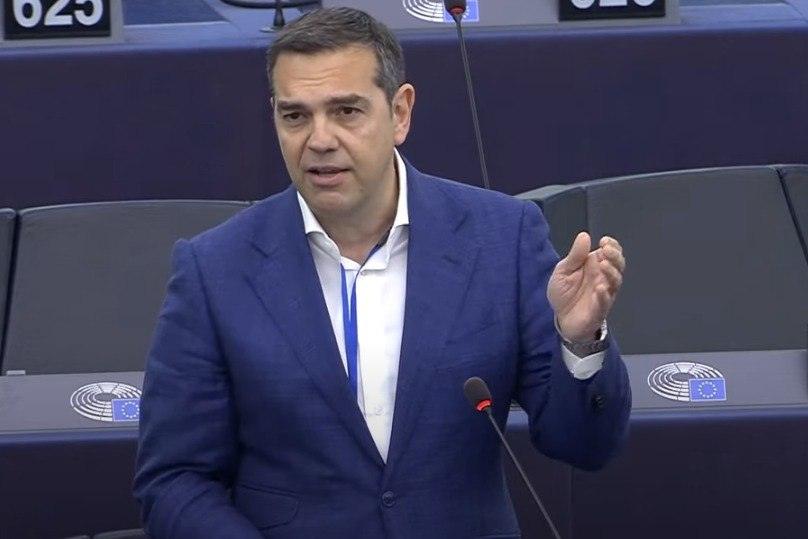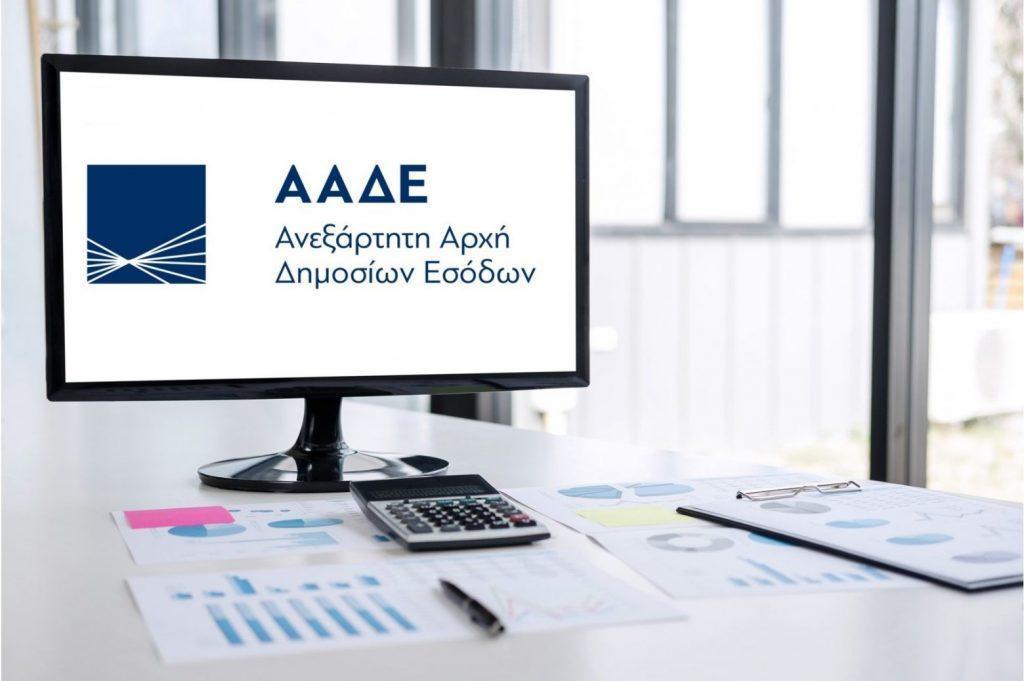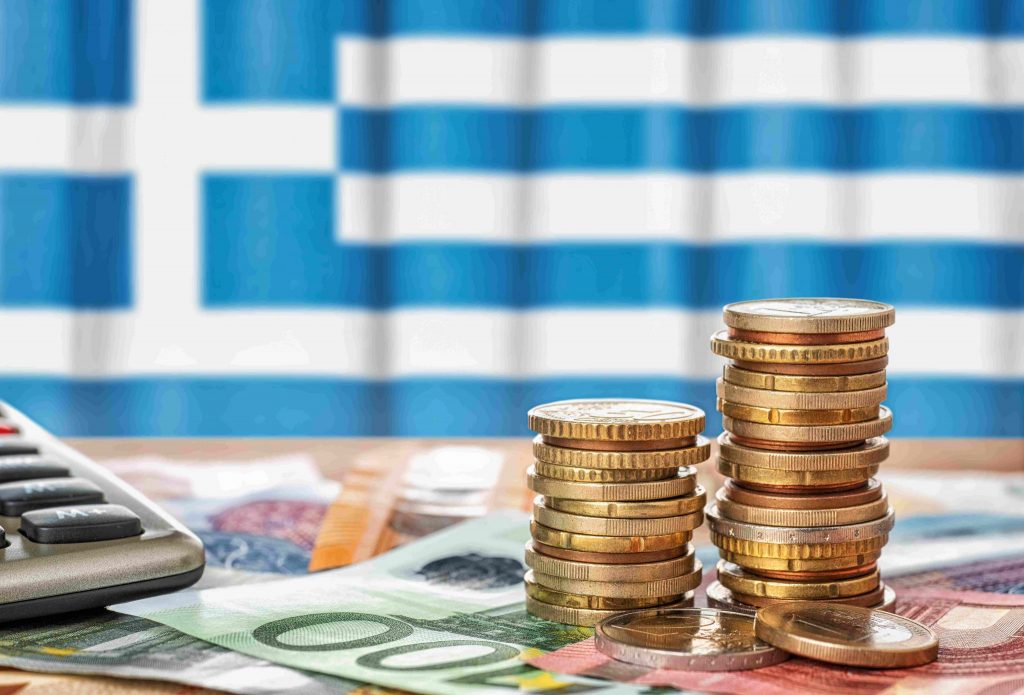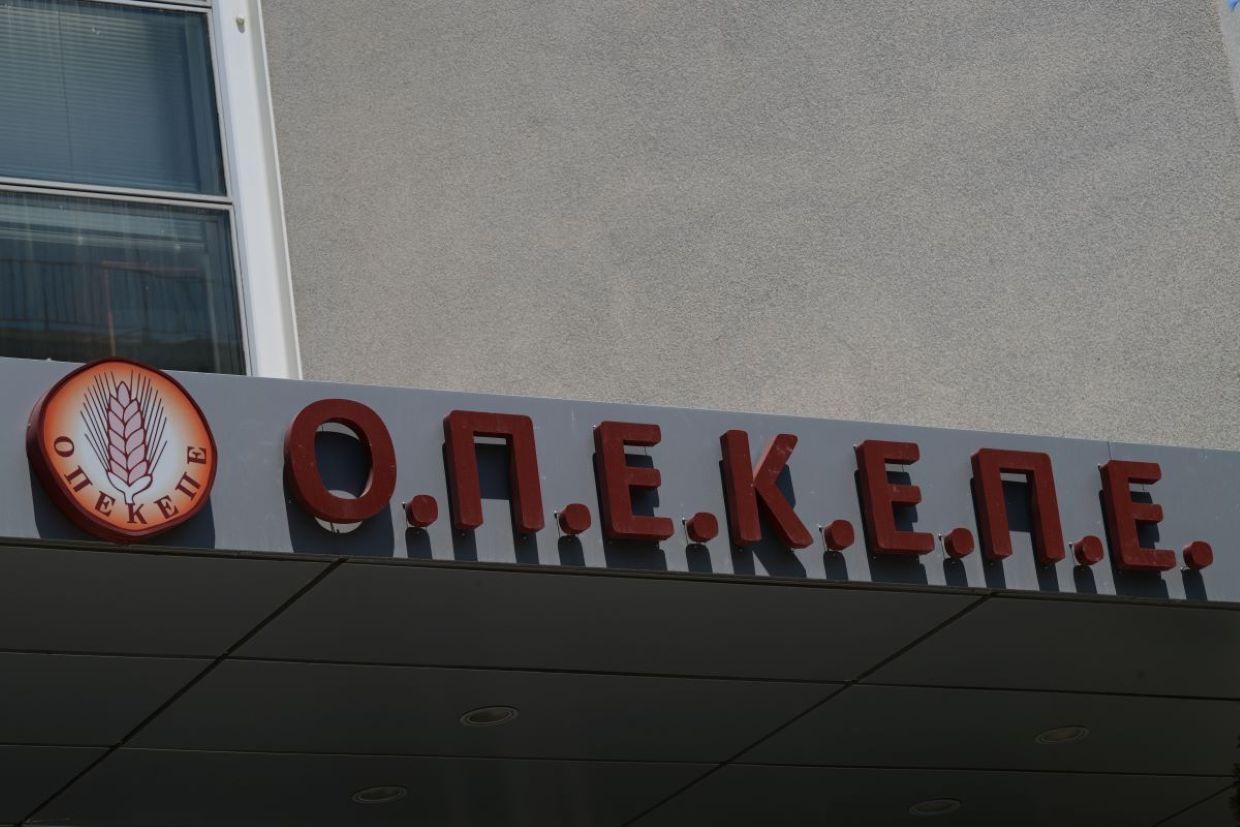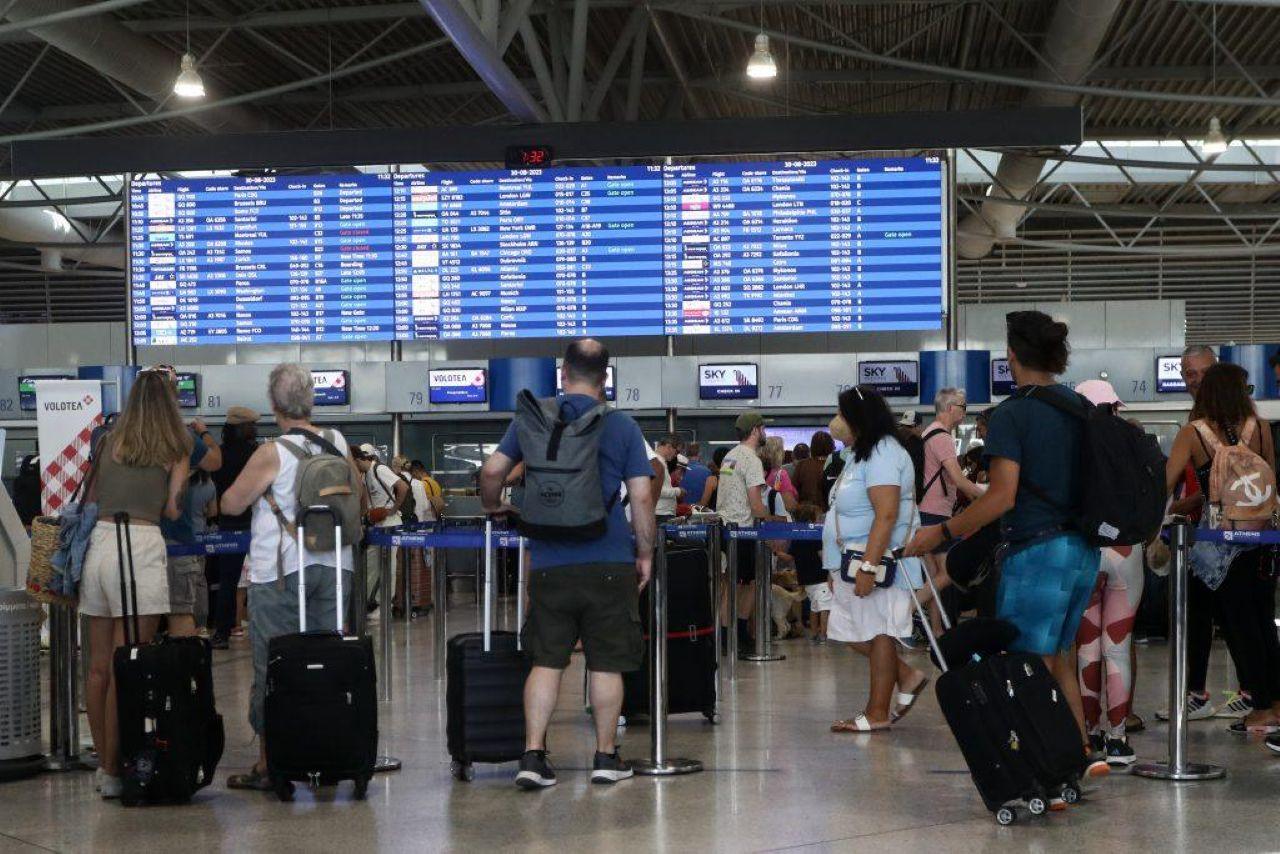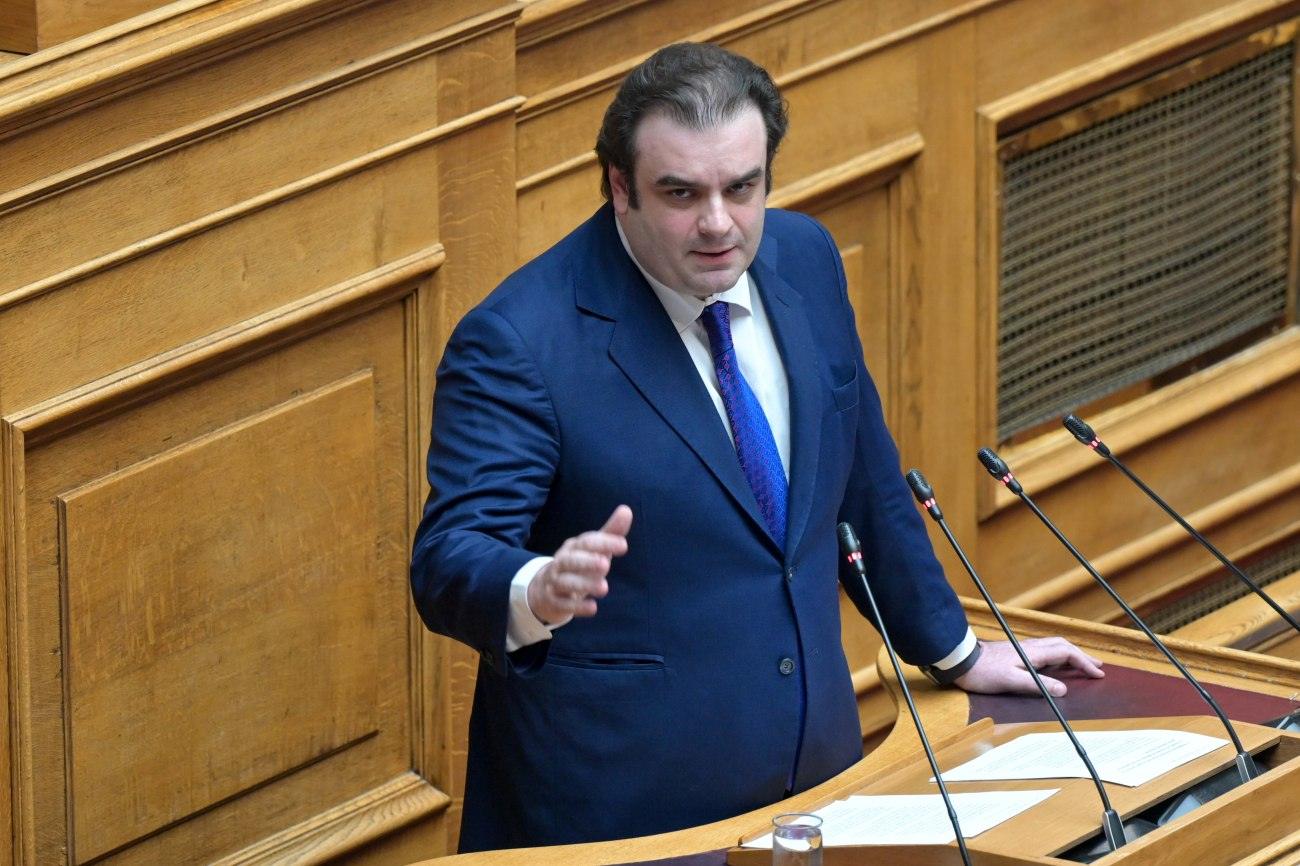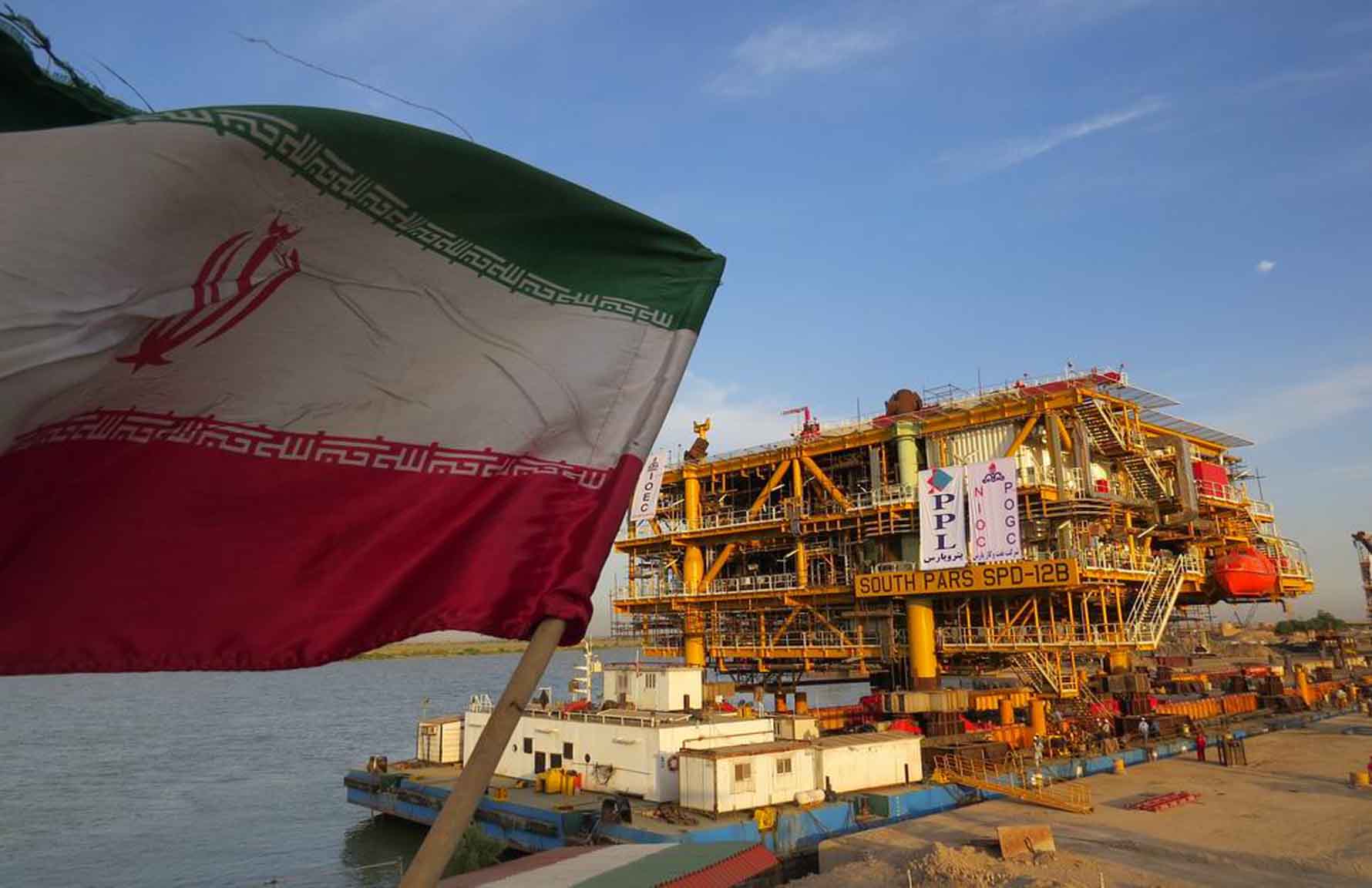From a geopolitical perspective, the composition of Turkey‘s new government can be interpreted, firstly, as a message of President Erdogan’s search for a modus vivendi with the West / EU / USA, while he will actively pursue Turkish hegemony / a new Turkish century of autonomy. The exponents of the toxic anti-Western rhetoric such as the Minister of the Interior S. Soylou and the Foreign Minister M. Cavusoglu were removed from their positions while the orthodox, rational, “Western” economic / monetary policy returned with the appointment of M. Simsek as Minister of Finance. Secondly, the exercise of foreign policy is completely personified in Erdoğan’s hands with the placement of H. Fidan as foreign minister, until now the head of the secret services (MIT), a man of his absolute trust. And of I. Kalin as the new head of MIT and Yasar Guler as Minister of Defense.
From a Greek perspective, this composition of the government with a more technocratic and softer ideological “rhetorical” spirit along with the strengthening of Erdogan’s dominant role in the exercise / pronouncement of foreign policy may prove beneficial. Much more so that any rapprochement with the West / EU also goes through the normalization of relations with Greece. And therefore the composition of the government can also be indicative of a continuation of the political approach with Greece that has been followed in recent months, although “I am always afraid of events”, especially with a team of people we know very little about.
However, normalization will not result from the immediate abandonment of permanent positions/politics by the new Turkey as some expect. But it is important that she wants to enter into a meaningful dialogue / negotiation and not to impose her positions with violence, aggression.
The crucial question is always, of course, what exactly we discuss in a dialogue, much more so in a negotiation. In a dialogue which does not result in a binding agreement but is a process of detecting intentions, delimiting options, defining the agenda, obviously a wider package of issues can be discussed. In a typical negotiation, however, the agenda is strictly delimited. We only negotiate issues that both sides consider to be “negotiable” and amenable to some compromises. Issues that affect Greek sovereignty cannot be negotiated (eg “grey zones”, demilitarization of the islands).
The former (and future) Prime Minister Kyriakos Mitsotakis until relatively recently made reference in his public speech to the demarcation of maritime zones as the subject of a negotiation with Turkey. And the net sea zones include the demarcation of the continental shelf, EEZ (Exclusive Economic Zone) but also the range of territorial waters / littoral zone. In his latest interviews (“To Vima”, “Kathimerini”) he adds, however, the clarification that they only concern the continental shelf and EEZ. It is not clear whether it actually precludes any discussion of the scope of territorial waters (unless there are other considerations). It is noteworthy that until 2013 the discussions in the exploratory talks “revolved mainly around the extent of the shingle zone and the overlying airspace” (Ch. Rozakis). In 2013, the then Minister of Foreign Affairs (E. Venizelos) recommended “to abandon this tactic and to dedicate the discussions to the issue of the continental shelf” and to (correctly) cover the Southern Mediterranean. While in 2015 we removed the scope of territorial waters from the IDR process.
However, either way, the moment of truth for Greek-Turkish comes with the completion of the electoral process in Greece and the formation of a political government…
Professor P.K. Ioakeimidis is a former ambassador – adviser to the Ministry of Foreign Affairs, member of the advisory committee of ELIAMEP. The new book “Greece: Horizon 2030. The challenges of Turkey and Europe” was released by Papazisi publications.
